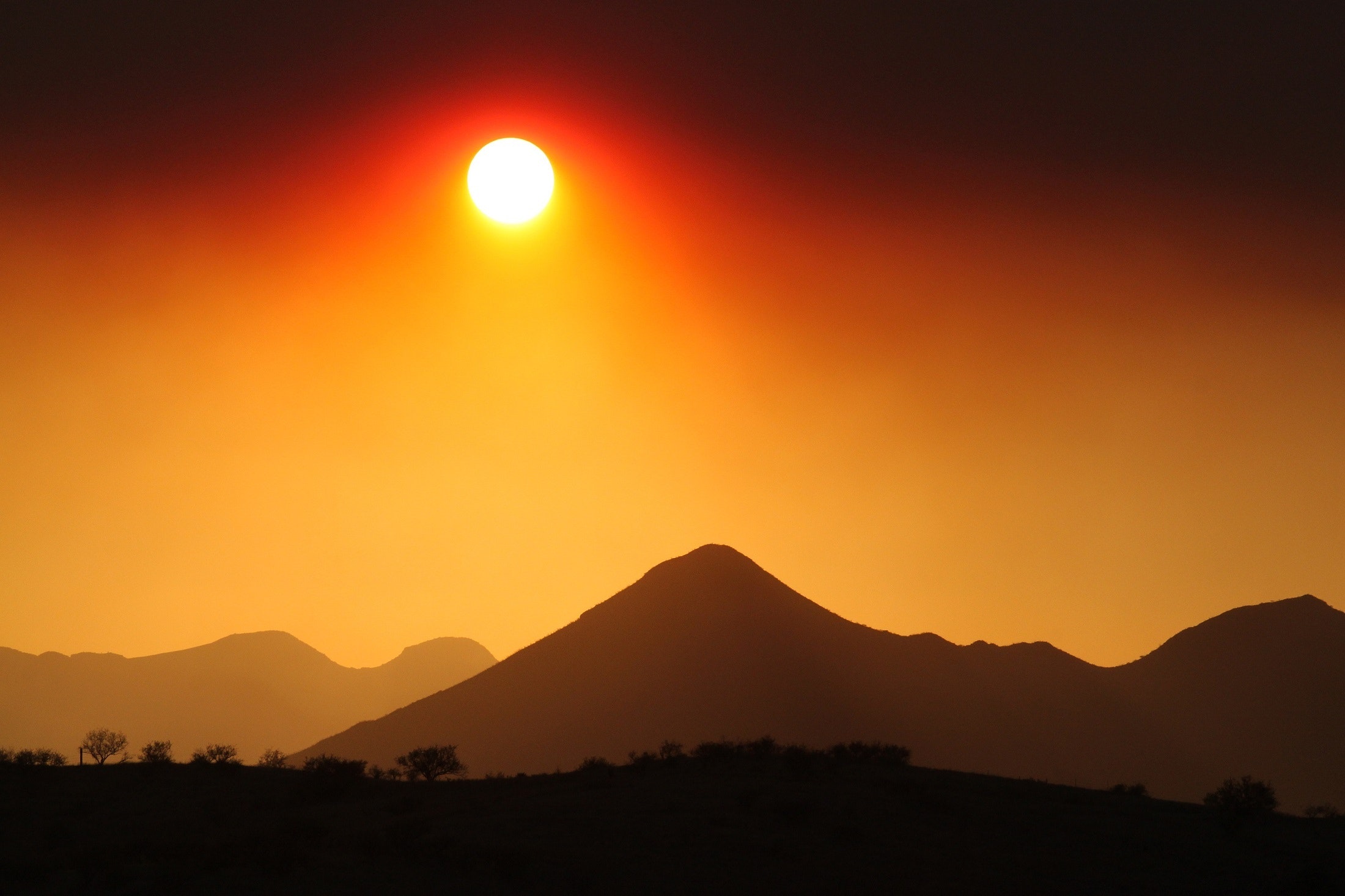What does it mean to be Iraqi-American?
The answer seems to lie in the hyphen, a symbol of compromise meaning that I cannot be Iraqi and American at once; instead, I must compromise between these two identities to remain whole. There is something about my being Iraqi that modifies my being as an American — maybe my mother tongue; my Muslim faith; my brownness.
These qualities, however, only begin to capture the weight of this intersection.
I carry Iraq with me in bearing witness to my mother’s stories: of naps on the roof, hours spent in line to buy eggs and long walks around the Tigris. These recollections bring me warmth — while other stories bring me a substantially less comforting heat: repressive police forces, a pregnant woman seeking shelter from bombings in Baghdad and my mother’s fear as bombs fly overhead. I only hear these stories; my mother lived them, and she relived them to teach me what life could have been, had she not been lucky enough to escape.
I carry Iraq with me in recalling its history: the dawn of civilization between twin rivers, mythical gardens of myrtle and palm, knowledge, progress and even triumph. I hear of these stories; I struggle to see them. How am I to place my heritage within the context of these tales? I want to grasp it, celebrate it and even find pride in a flourishing country.
Instead, I carry Iraq in its present state. I consume news of tragedy that is hardly new; there lies a haze of grief settled over our home. We breathe it in at every turn as it infiltrates our lungs and bodies; 8,000 miles away, Iraq leaves an all-consuming ache. How do tales of triumph bear on this present? Somewhere between then and now, these narratives collapsed into nothingness. It seems there is little testament to these tales, so I choose to neglect them. To embrace a narrative of persistent tragedy is easier than to make peace with the fact that some centuries before me, there was beauty — until something or someone did terribly wrong, so I could not live to see Iraq for what it truly is, or was. Or maybe my people were the unwitting subjects of history’s whims; maybe tragedy is a predetermined reality for Iraq, or for all of humanity.
This is the story I prefer to tell myself, hoping it will soothe the ache. Yet I cannot help but wonder what might have been, had the news been different, the history been different, had nothing or no one done such wrong. I have a recurring dream: my mother and I walk along the river, leaving haphazard steps in the sand. We feel a gentle warm on our skin; we breathe in the crisp air — the air feels different: it carries a texture of belonging. There are no hyphens here.
In another dream, the sun beats down on Baghdad. There is no AC; we head to the roof to escape the heat. I have seen this view a thousand times, and each time feels like the first. There are street carts of kibbeh and falafel; children playing football on the streets; women gossiping over Turkish coffee. Everything is so brown, yet more colorful than anything I’ve ever seen.
The worst part of these dreams is waking up — watching these possibilities fleet from memory until I can no longer grasp the details. All that is left is a hole; where once existed possibility is reoccupied by an ache. And so the cycle continues.
Beyond language, or faith, or brownness, being Iraqi-American is marked by a weight — the weight of warmth and heat, of histories past and present, of pain, of dreams and longing. This weight is the meaning of our heritage.
Contact Nora Mousa at noramousa ‘at’ stanford.edu.
